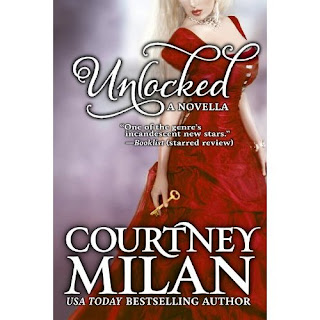STATUS: I need to go home and eat dinner.
What’s playing on the XM or iPod right now? HOT HOT HOT by Buster Poindexter
Just last week, The Association of Authors’ Representatives sent out an email alert to all its members highlighting that the Board has been discussing the current AAR Canon of Ethics as it relates to agent members helping clients with ePublishing.
To sum up, the AAR realizes that the role of literary agent is changing and that many author clients will be asking their agents for assistance in making backlist titles available in electronic form.
For full disclosure, I am a member of the AAR and will continue to be in 2012.
As of this January, the AAR is not making any changes to the current Canon of Ethics but the organization is, however, sharing these observations which I’ll paraphrase here:
1) An AAR member may receive compensation only from the client for the agent’s services. Agents may not separately engage in business, ie. electronic publication, where they receive compensation from exploiting the client’s work. In short, Agents can’t be publishers and still be AAR members.
So for example, Agent Richard Curtis has a separate ePublishing company called eReads. He is not a member of AAR. And please, do not take this as any personal commentary on Richard. This is just an example.
2) Agent is obligated to inform client of all the financial implications of any ePublisher and the agent can’t take action to put his own biz interest above the interest of the client.
In other words, it pretty much is a conflict of interest for agents to be both an agent and an ePublisher as they may want their clients to publish with them instead of with some other ePublisher.
And yet, the role of agent is evolving rapidly. So what do agents do with clients who are interested in making their reverted backlist titles available on electronic platforms?
Well, I can’t speak for all agents but I can finally tell you what NLA will be doing as we launched our Digital Liaison Platform in November of 2011. And last week I did ring up the AAR lawyer to discuss our current model and whether that would be in conflict with the AAR Canon or its current observations.
It is not. In fact, he asked me to share the details of our model so as to share with the AAR board. They are reviewing any number of approaches that agents are pursuing.
And starting tomorrow, I’ll be sharing our model with y’all.

